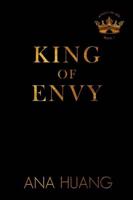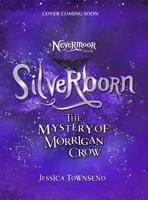Publisher's Synopsis
This historic book may have numerous typos and missing text. Purchasers can usually download a free scanned copy of the original book (without typos) from the publisher. Not indexed. Not illustrated. 1916 edition. Excerpt: ... CHAPTER XL. THE DISCOVERY OF AMERICA. Island and peninsula nations are always maritime nations. Spain and Portugal formed no exception to this rule. We have already seen that these two lands under Moorish and also under earlier Christian rule were the culture centres of Europe. Not even later could Inquisitors and friars, while discouraging intellectual activity, quite petrify it. So for this double reason maritime enterprise and scientific invention (both now given such impetus by the spread of international commerce) still found their focus in Spain and Portugal. Jewish Scientists in the Peninsula. In this survey we must turn back to the period before the Expulsion. Because of the high reputation of the Jews in the realm of science, especially in astronomy and mathematics, and because of the important posts of State held by them, we are almost prepared to learn that Jews contributed a large share towards naval projects, not only in financing them but also as nautical inventors, as expert counsellors and even as actual explorers. Isaac Ibn Said, of Toledo (Don Zag) had already in the thirteenth century published astronomical tables. These Alphonsine Tables (p. 208) were used by the scientists of Germany, France, Italy, and even England. Abraham Zacuto invented a perpetual astronomical calendar of the seven planets. Joseph Vechino, a mathematician, who translated this work from the Hebrew into Latin and Spanish, and also an inventor of nautical instruments, was one of those summoned by Joao II (John) of Portugal, to a nautical congress. Other Jewish geographers were sent by this king to make explorations in Asia. When Henry the Navigator, son of Joao I of Portugal, established a naval academy, he appointed as its director Maestre Jaime...









